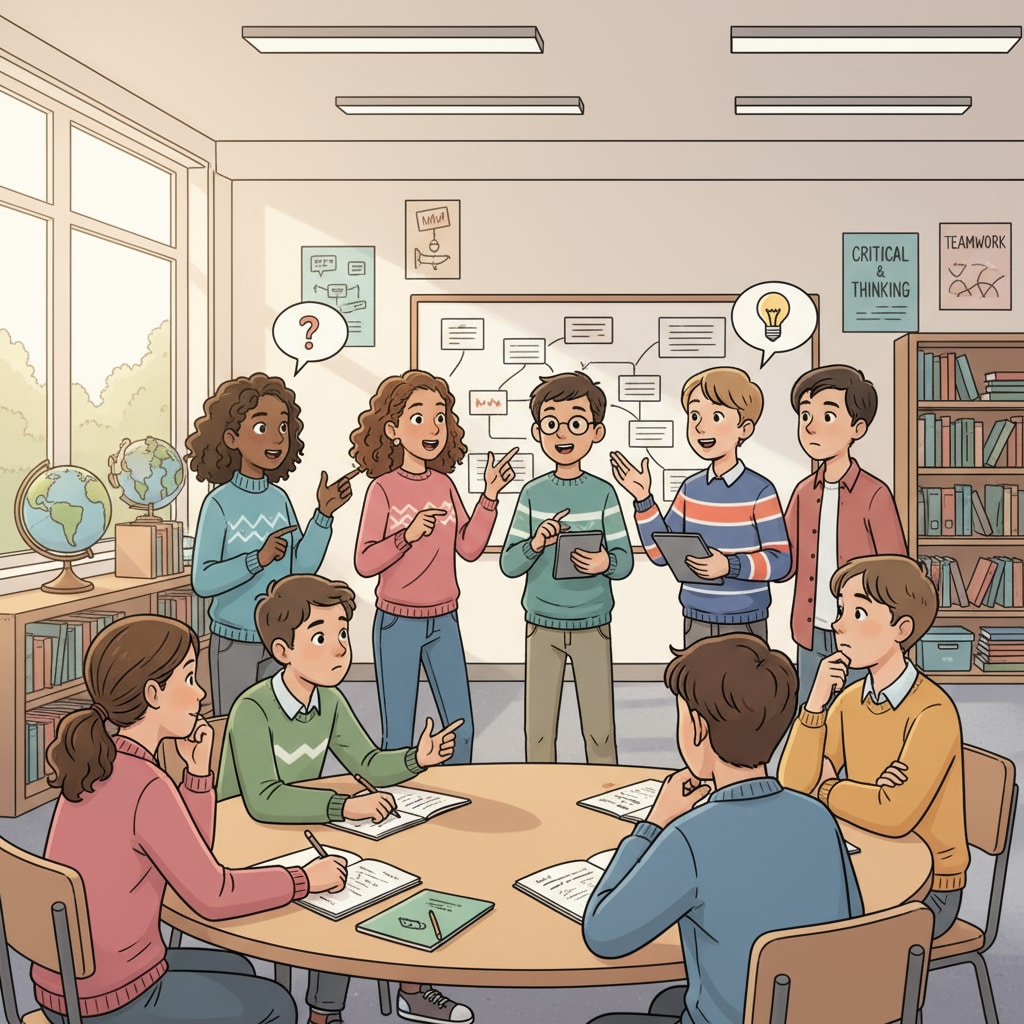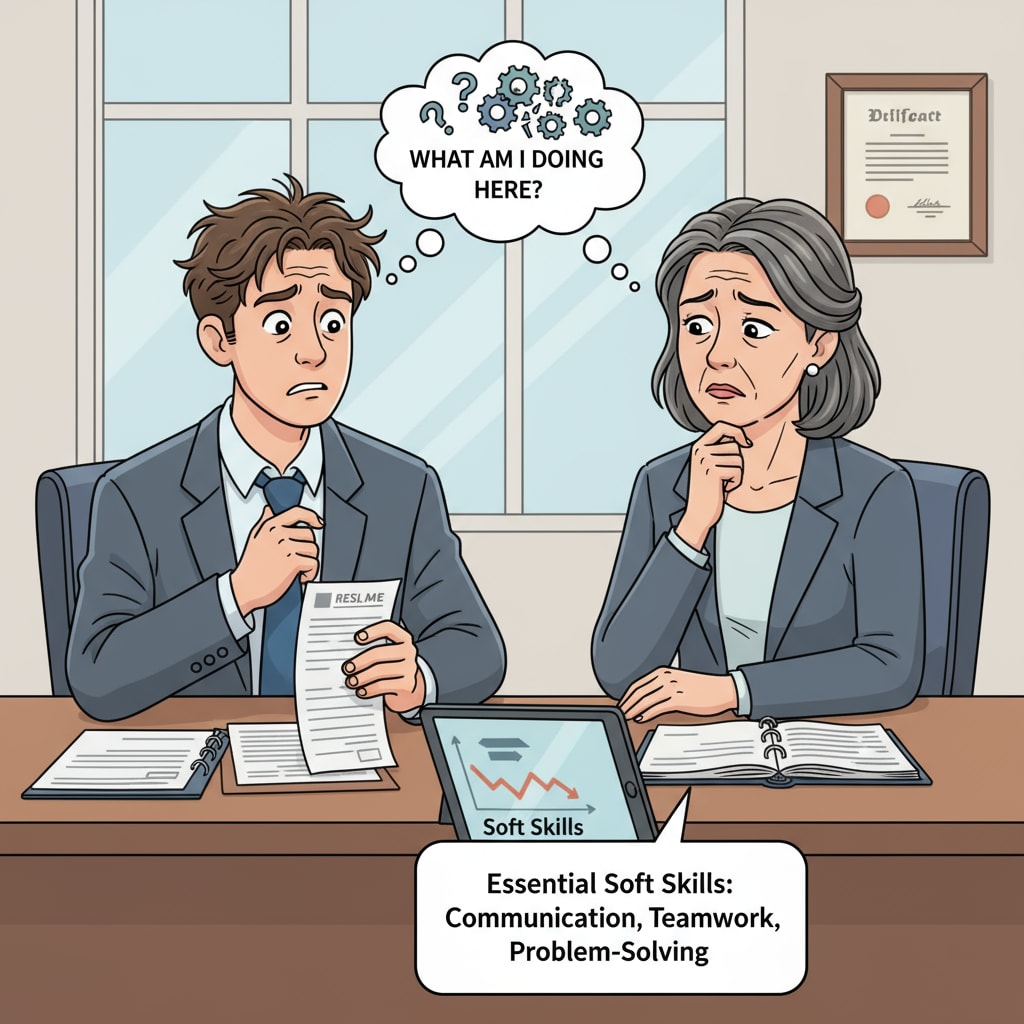In the realm of secondary education, the significance of soft skills, critical thinking in particular, cannot be overstated. Currently, the educational landscape is skewed towards academic achievements, often sidelining the development of essential soft skills. This imbalance has far – reaching consequences for students as they transition into the real world.

The Overemphasis on Academic Scores and the Neglect of Soft Skills
For a long time, secondary education has been fixated on academic scores. Standardized tests and grades have become the primary yardsticks for measuring students’ success. As a result, educators and parents alike focus predominantly on subjects like mathematics, science, and languages, aiming for high marks. However, this narrow focus has led to a significant oversight of soft skills. Soft skills, which include critical thinking, communication, teamwork, and adaptability, are equally vital for students’ future success. According to Britannica, these skills enable students to navigate complex social and professional environments effectively.
The Consequences of Soft Skills Deficiency
When students lack soft skills, they encounter numerous challenges upon entering society. For example, in the workplace, critical thinking is essential for solving problems and making informed decisions. Without it, students may struggle to analyze situations and come up with innovative solutions. Additionally, poor communication and teamwork skills can hinder their ability to collaborate with colleagues. A study by the World Economic Forum highlights that employers highly value soft skills in new hires. Those without these skills may find it difficult to secure and maintain employment.

Integrating Soft Skills into the Curriculum
To address this issue, it’s crucial to integrate soft skills into the secondary education curriculum. One effective way is to incorporate project – based learning. In project – based activities, students are required to use critical thinking to define problems, develop solutions, and evaluate outcomes. Teamwork is also emphasized as they work together towards a common goal. Moreover, educators can design specific courses or modules dedicated to soft skills development. For instance, a course on communication skills can teach students how to express themselves clearly and listen actively. As stated by Wikipedia, this approach helps students develop a well – rounded skill set.
In conclusion, the cultivation of soft skills in secondary education is not just an option but an absolute necessity. By recognizing the importance of critical thinking and other soft skills and implementing innovative strategies to integrate them into the curriculum, we can better prepare students for the challenges of the future. This shift in focus will not only benefit individual students but also contribute to the overall development of society.
Readability guidance: Using short paragraphs and lists to summarize key points; providing a list under each H2 as much as possible; controlling the proportion of passive voice and long sentences; adding transition words (such as however, therefore, in addition, for example, as a result, etc.) throughout the text.


